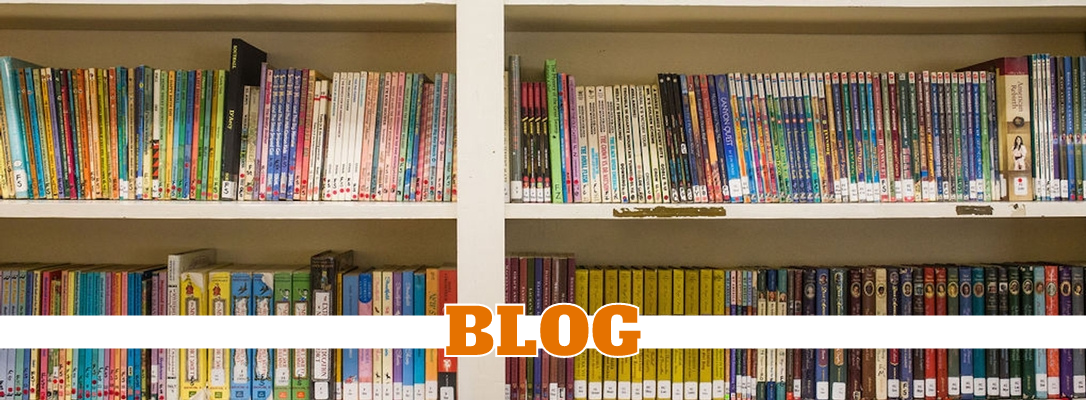Reflections on the Holocaust Museum
Our recent field trip to Washington, D.C. marked my ninth trip to the United States Holocaust Memorial Museum. On the one hand, it’s emotionally difficult to return year after year, because the reality of the horrors of the Holocaust is hard to absorb without becoming either emotionally numb or completely crushed. On the other hand, I look forward to the trip every year, because I think that it is so important for students to learn and experience all that the museum has to offer and teach. After seeing the displays, watching the videos, standing in the railcar, and listening to survivor stories, the question that surfaces for me is “So what?” What now? What do you do after taking a class of senior students through a museum like that after having them read Elie Wiesel’s Night? How do we live and face life having glimpsed what humans are capable of doing to one another on a scale such as the Holocaust? I challenged the senior class with the challenge that faces us all when we come to terms with deep evil in history, the world, and others.
The thing that struck me hard this time around was the fact that many ordinary people—few, if any, of them well-known in the history books—took a stand against the Nazis and took grave risks in order to save those around them who would be targets of the Holocaust. School teachers, monks, pastors, housekeepers, doctors, farmers, salesmen … people from all walks of life did what they could to help the Jews in their community and country. Many risked hiding Jews in their homes, farms, and community. Hiding, feeding, and producing false papers for the Jews came at great personal cost and sacrifice. Those who were caught and arrested went to concentration camps. And yet, as one heroic salesman said of his rescue efforts which landed him in solitary confinement for six months and later to a concentration camp, “There was nothing special about what I did. I did what everyone should have done.” I did what everyone should have done. That was the challenge that haunted me as I left the museum.
Jesus boiled the Law down to two essentials: Love God, and love your neighbor. It’s interesting that He didn’t just say, “Love God,” and it’s a good thing that He didn’t. In a religious setting, too many of us would carelessly say, “I love God,” and then move on with life as we are living it. But loving a neighbor does not let us off the hook so easily. Do you love God? If so, then how well are you treating your neighbor? What kind of words and attitudes do you direct toward your classmates, siblings, family members, or co-worker? We can all “love” humanity, but how are you doing with that person beside you? How are you doing with that person in your life? In His brilliant Sermon on the Mount, Jesus says that being angry with a brother or calling him raca makes one liable to higher courts and judgment than one who murders. His point being that murder doesn’t take place in a vacuum. It’s about the heart, which brings us again to love of neighbor.
Imagine a planet of 7.7 billion people who each love their neighbor. Imagine being truly loved by the people around you. You and I can’t single-handedly take down every institutional evil in our world. We can’t solve the world’s problems and save its victims. One person wasn’t able to stand against the forces of the Nazi regime in such a way as to bring it to its demise. But each of us can love our neighbor as ourself, and if we are all doing that well, then evil loses significant footholds in our community and in our world. Maybe the world becomes a better place if we each focus more on simply loving well those in closest proximity to us, with whom we interact every day. Maybe God’s kingdom comes and His will is done on earth as it is in heaven when His people love their neighbors (in word, deed, and attitude) because of their ultimate love for Him. Maybe He’s placed you exactly where you are for this very purpose.

